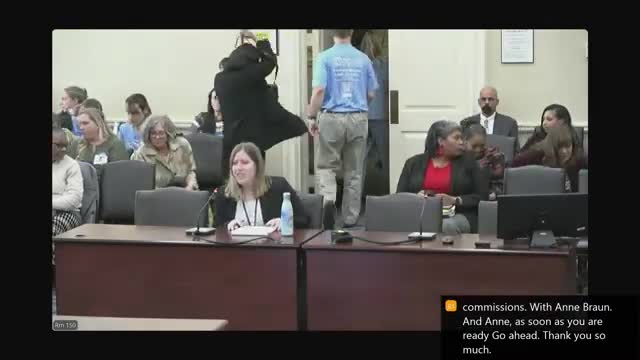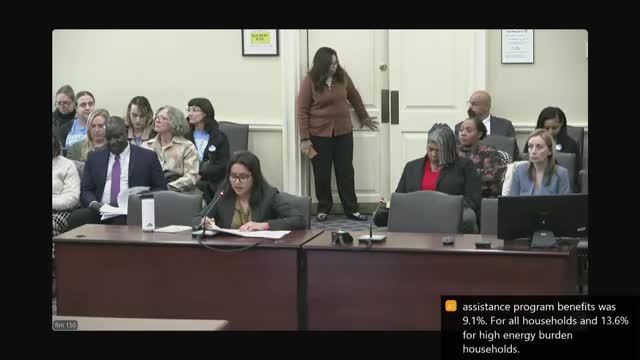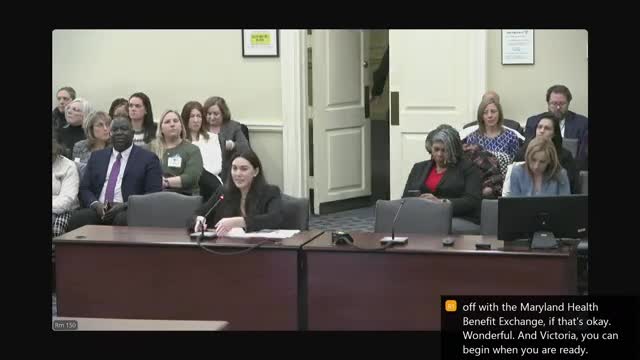Article not found
This article is no longer available. But don't worry—we've gathered other articles that discuss the same topic.

Child Support Administration: $109.4M allowance; agency seeks correction for omitted reinvestment funds after low amnesty participation

Commissions defend grants, trauma funding and AHEAD preparations as advocates press to restore consortium money

Office of Home Energy Programs sees 24% budget jump as applications surge; DHS cites operational fixes

